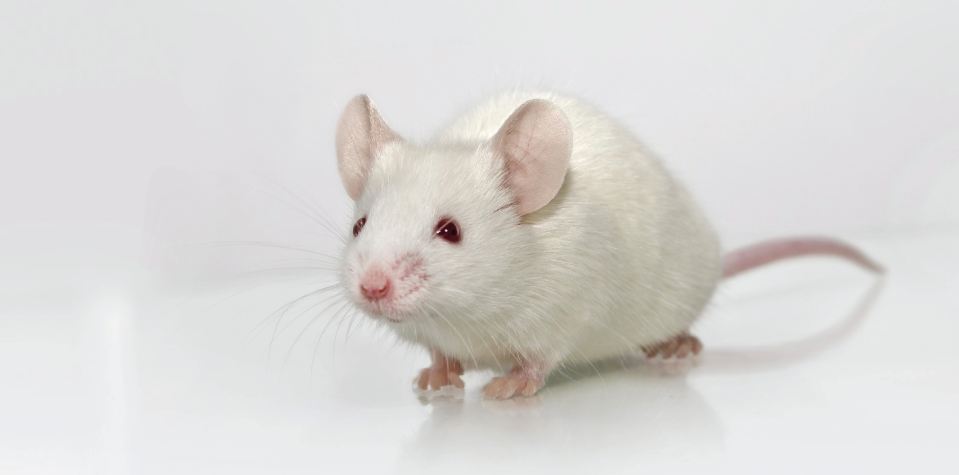CRISPR, The Number 62, and Pigs
 So what do CRISPR, the number 62 and pigs have in common? As reported recently on the Nature website (06 October 2015), geneticist George Church of Harvard Medical School announced that his lab has edited 62 genes in pig embryos using CRISPR/Cas9. While this appears to be a record for the number of gene edits done in one embryo, their goals were, in fact, loftier. Their goal is to make pigs better candidates as organ donors for humans. Pigs are thought to be the best candidates for organ donations for humans given their close anatomical size to humans.
So what do CRISPR, the number 62 and pigs have in common? As reported recently on the Nature website (06 October 2015), geneticist George Church of Harvard Medical School announced that his lab has edited 62 genes in pig embryos using CRISPR/Cas9. While this appears to be a record for the number of gene edits done in one embryo, their goals were, in fact, loftier. Their goal is to make pigs better candidates as organ donors for humans. Pigs are thought to be the best candidates for organ donations for humans given their close anatomical size to humans. Endogenous Retrovirus
However, there are 2 problems with using pigs. Their genome contains endogenous retroviruses that if introduced into humans could have unforeseen consequences. Pigs are not histo-compatible with humans, so a transplant of a pig organ into a human will lead to graft versus host disease. While Dr. Church did not reveal which specific genes were knocked out, as their research is not yet published, he did state that they knocked out 62 porcine endogenous retroviruses as well as 20 genes that encode proteins that sit on the surface of pig cells and are known to trigger human immune responses.These CRISPR/Cas9 gene edits were done in pig embryos. Those embryos have not yet been implanted into mother pigs, but that should happen soon. It remains to be seen how those pigs will fair once born.
If these experiments go as planned, we will have much better insight into the possibility of using pigs as organ donors for humans.
These experiments point out the power of the CRISPR/Cas9 gene editing technology. There are no other technologies available to scientists that have such precision and ease of use that will allow multiple gene edits to occur in a single embryo. Most researchers will knock-out a few genes in a mouse or rat model and will never have the need to knock-out 50 or 60 genes.
Dr. Church's experiments have pushed the limits of gene editing; that is for sure. More importantly, his experiments may bring us closer to one day meeting the needs of those waiting for organ transplants.
















.jpg)

.jpg)
.jpg)
.jpg)
.jpg)





.jpg)


.jpg)
.jpg)

.jpg)


.jpg)





.jpg)

.jpg)




